
The Rising Relevance of Social Media in Healthcare
It’s the dawn of a new era in healthcare. The digital age has presented a paradigm shift in how healthcare professionals communicate and engage with their patient population. In particular, social media platforms, with their ubiquity and wide-reaching influence, have created a unique opportunity for physicians to connect with their patients beyond the confines of their consultation rooms. Embracing social media not only augments a physician’s ability to disseminate information and engage with patients but also provides an avenue to expand their professional network and stay informed about the latest advancements in their field.
The Power of Social Media in Connecting with Patients
Traditionally, the patient-doctor relationship was predominantly one-dimensional, confined to appointments and occasional follow-ups. Social media, however, has revolutionized this dynamic, paving the way for interactive and continuous engagement. By sharing medically sound advice, health tips, or simply engaging in health-related discussions online, physicians can foster a deeper connection with their patients. This digital proximity humanizes physicians, allowing patients to view them as not just healthcare providers, but also approachable figures who are invested in their wellness journey.
Best Practices for Physicians on Social Media
The power of social media, while immense, needs to be harnessed responsibly. The cornerstone of any physician’s online conduct should be rooted in professionalism. This includes adhering to the Health Insurance Portability and Accountability Act (HIPAA) guidelines to safeguard patient privacy. While it’s essential to have a personal touch to your social media presence, it’s crucial to maintain a clear demarcation between personal and professional content. Upholding medical ethics online is as vital as it is within the clinic walls.
Strategies for Effective Social Media Marketing
Embracing social media as a physician involves more than just creating a profile and posting sporadically. To truly engage with your audience and cultivate an impactful online presence, you must strategize your social media activities.
Start by creating engaging content. This can be sharing relevant health tips, debunking common medical myths, or highlighting patient success stories (with their consent, of course). Remember to use a friendly, approachable tone—social media offers a chance to show your audience the human side of medicine.
Use hashtags wisely—they can help increase the visibility of your posts and attract a wider audience. For instance, using common health-related hashtags like #hearthealth or #diabetesawareness can help you reach users interested in these topics.
Regular posting is crucial to maintain an active presence and keep your audience engaged. However, the quality of posts should always be prioritized over quantity. A well-thought-out, informative post has a higher impact than multiple posts with little substance.
Engage with your followers. Respond to their comments, answer their questions, and show appreciation for their engagement. This builds a strong online community around your brand, increasing loyalty and trust.
Lastly, always be open to adapting your strategy based on feedback and engagement trends. Regularly evaluate what’s working and what’s not, and adjust your approach accordingly.

Leveraging Different Social Media Platforms
Each social media platform offers its unique set of benefits and features, and effective social media marketing involves tailoring your strategy to harness these advantages. Facebook, with its extensive user base spanning various demographics, is a versatile platform suitable for in-depth health articles, patient testimonials, and interactive Q&A sessions. Twitter’s focus on brevity makes it ideal for sharing short health tips, latest research, or commenting on topical health issues. LinkedIn is more professionally oriented, making it suitable for sharing industry trends, professional achievements, and networking with other healthcare professionals. Instagram’s visual-centric approach is perfect for sharing wellness infographics, behind-the-scenes glimpses of your practice, or even short educational videos.
Consulting a Professional
Navigating the landscape of social media, while balancing the nuances of the healthcare profession, may seem like a complex task for many physicians. In such cases, partnering with a professional agency can offer invaluable guidance and support. Tribe Agency can help you with that.
Tribe Agency has carved a unique niche by specializing in these distinct fields—robotics, physicians and marketing. With a pulse on the latest technology trends and a deep understanding of healthcare communication, we offer a unique blend of expertise to effectively leverage social media for physicians.
One of our key offerings is the “Social Media MD” eBook. This comprehensive guide demystifies social media for healthcare professionals, providing you with actionable insights to build an effective online presence. It covers a wide range of topics, from setting up profiles on various platforms to managing online reputation. For reader’s of this blog, you have access to the guide for free (valued at $49).
Recognizing the time constraints many physicians face, Tribe Agency provides a ‘Social Media Done for You Services’. This subscription-based service ensures your social media platforms are expertly managed, helping you establish an engaging and professional online presence while freeing you to concentrate on your primary role—providing quality healthcare. We offer an expert hand in bridging the digital divide, paving the way for a robust online presence that complements and enhances your healthcare practice. We also just recently launched Tribe Social, that includes custom and editable social media templates that you can modify to your brand, imagery and copy – making social a breeze!

Measuring Success in Social Media Marketing
Understanding the impact of your social media efforts is pivotal in refining your strategies and maximizing effectiveness. Key performance indicators like follower count, post likes and shares, and comments provide a snapshot of your social media health. More insightful, however, are metrics like audience engagement and growth trends, the reach of your posts, and the nature of audience feedback. These metrics can guide you in creating more resonant content and tweaking your posting schedule or platforms as necessary.
Embracing the Digital Patient Lobby
As the digital age continues to evolve, it’s clear that social media will continue to play an increasingly significant role in healthcare. Physicians who embrace social media can leverage its potential to foster stronger patient relationships, disseminate health information more broadly, and develop a virtual lobby for their patients. While social media may present a new set of challenges, from privacy concerns to content creation, the rewards it offers in terms of patient engagement and professional growth are undoubtedly worth the effort. So, gear up, create your social media strategy, and embark on your digital healthcare journey today!

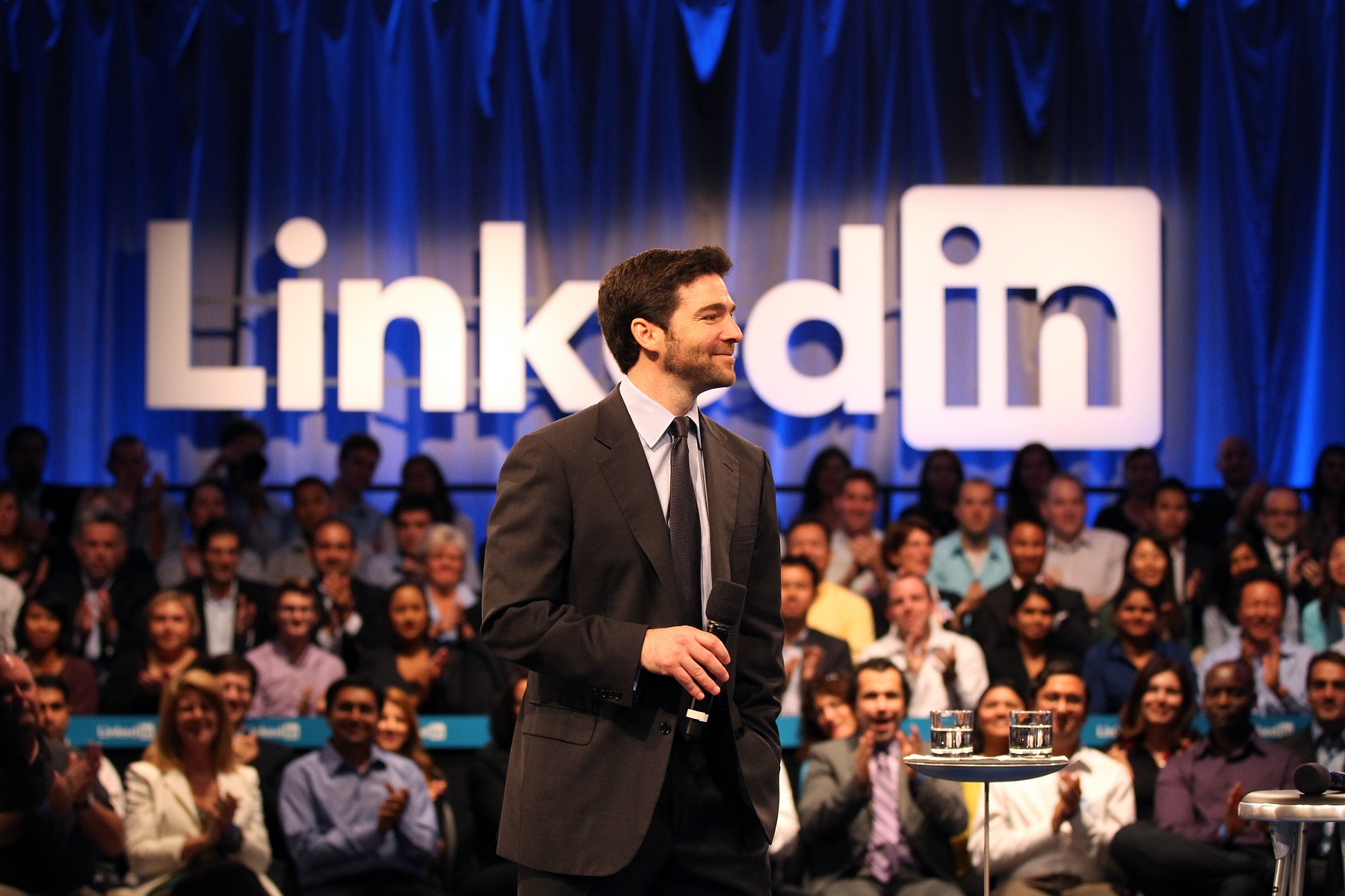

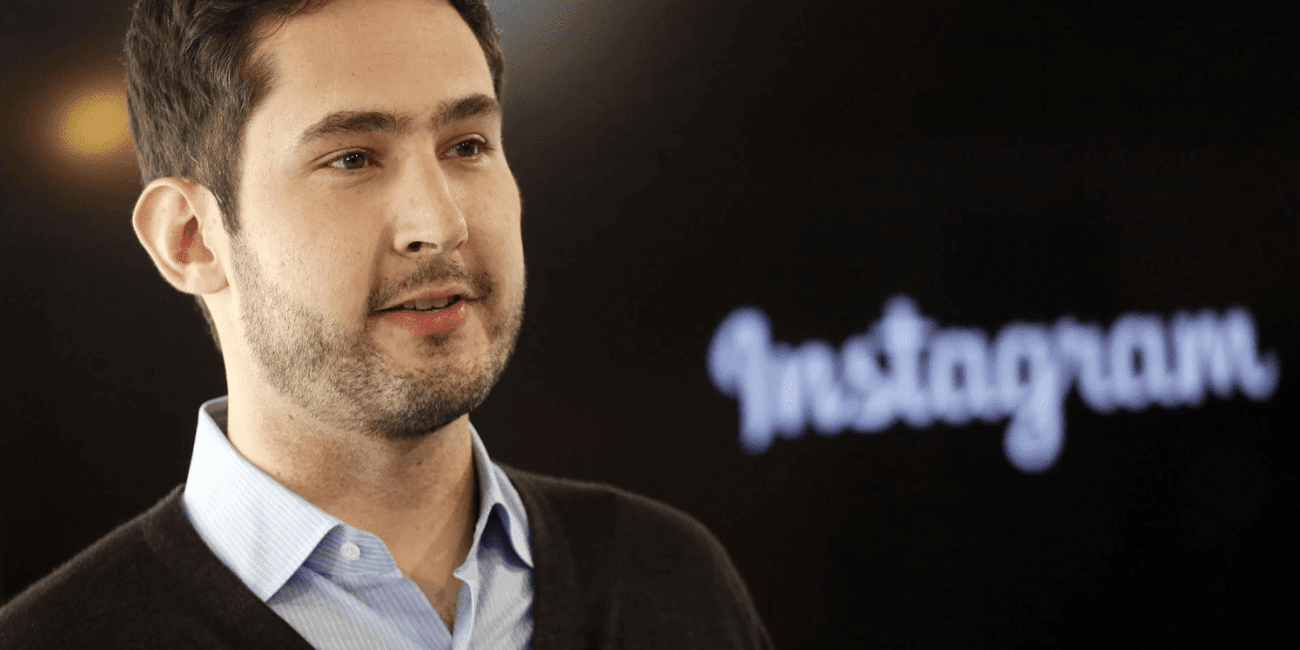







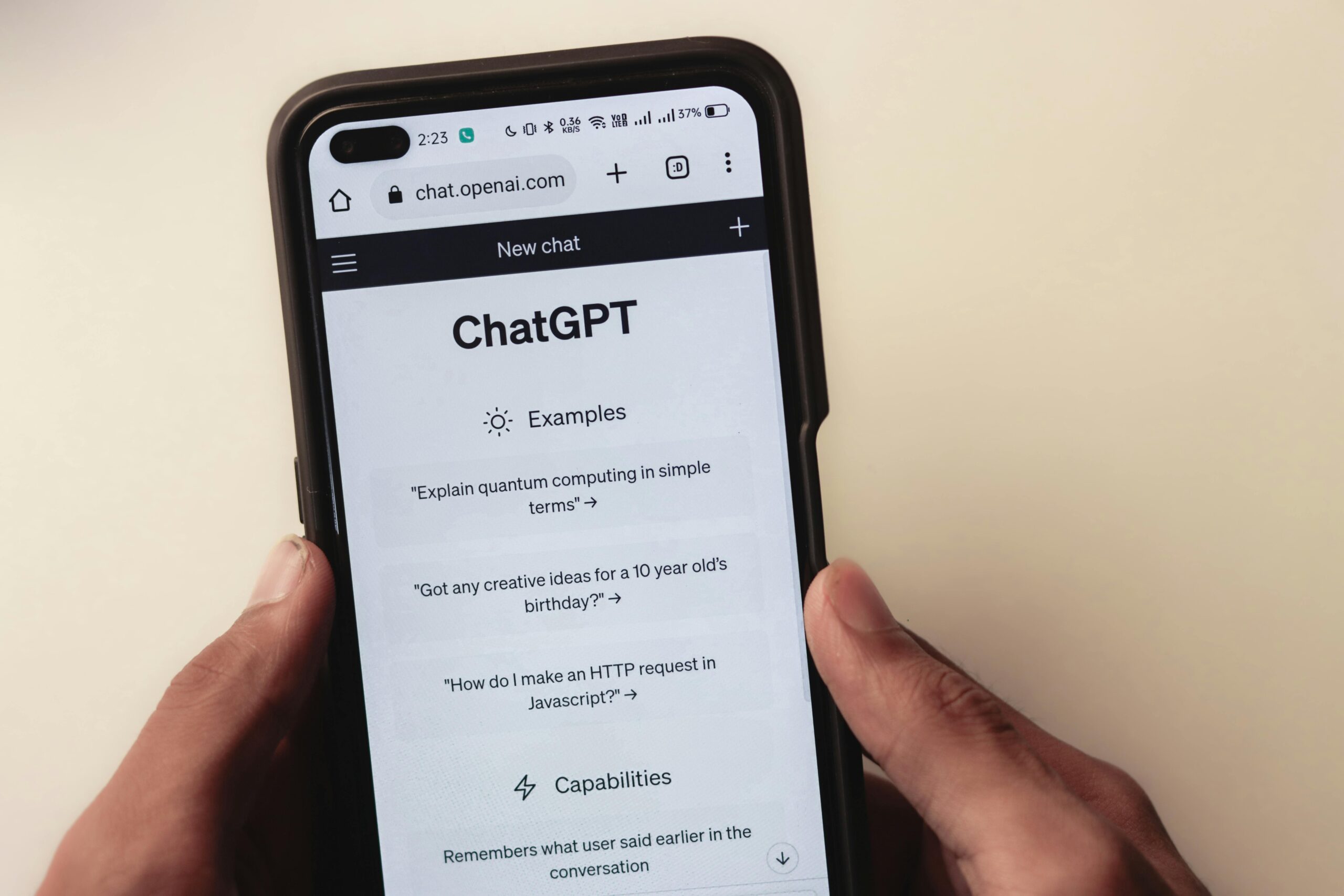


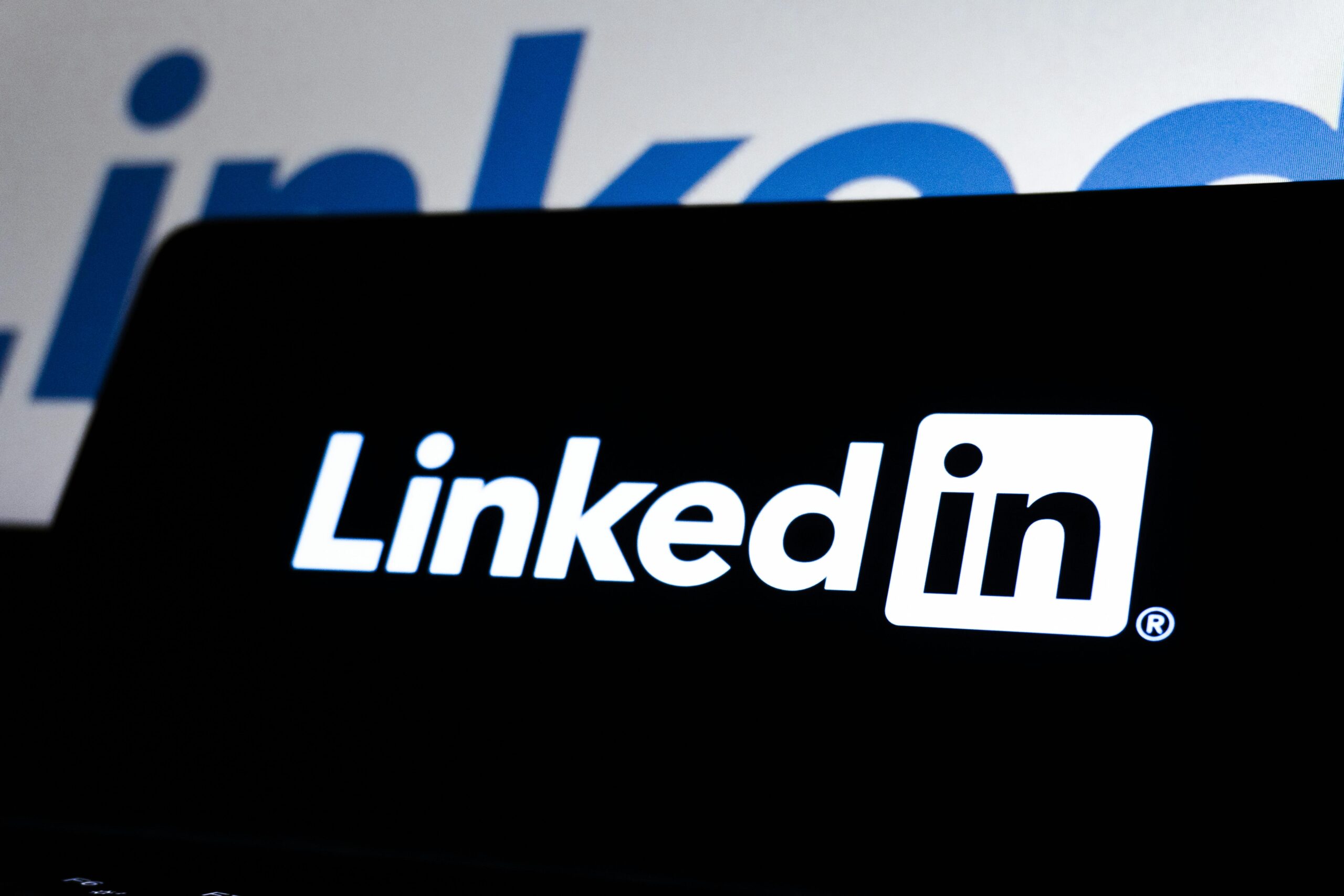










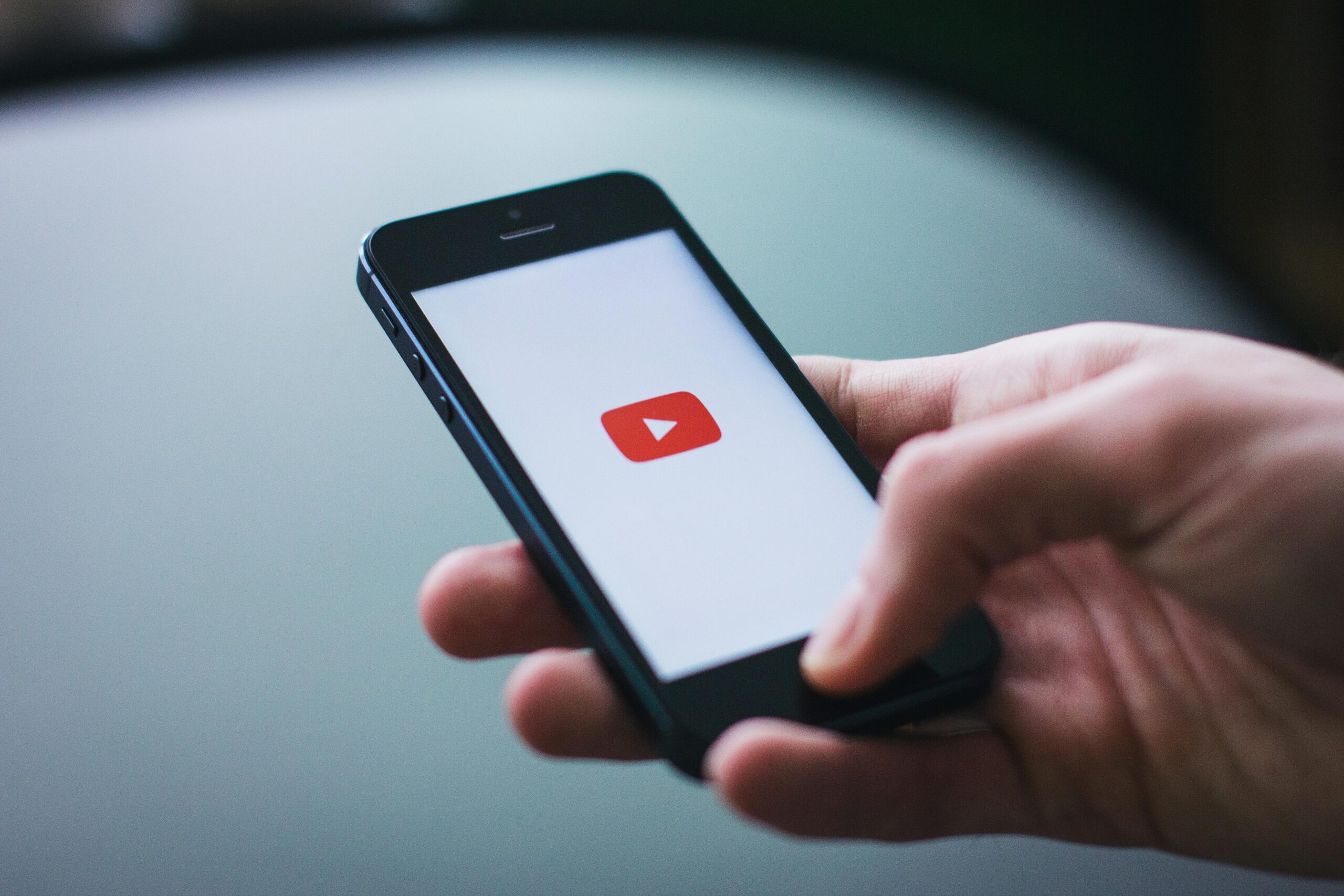





























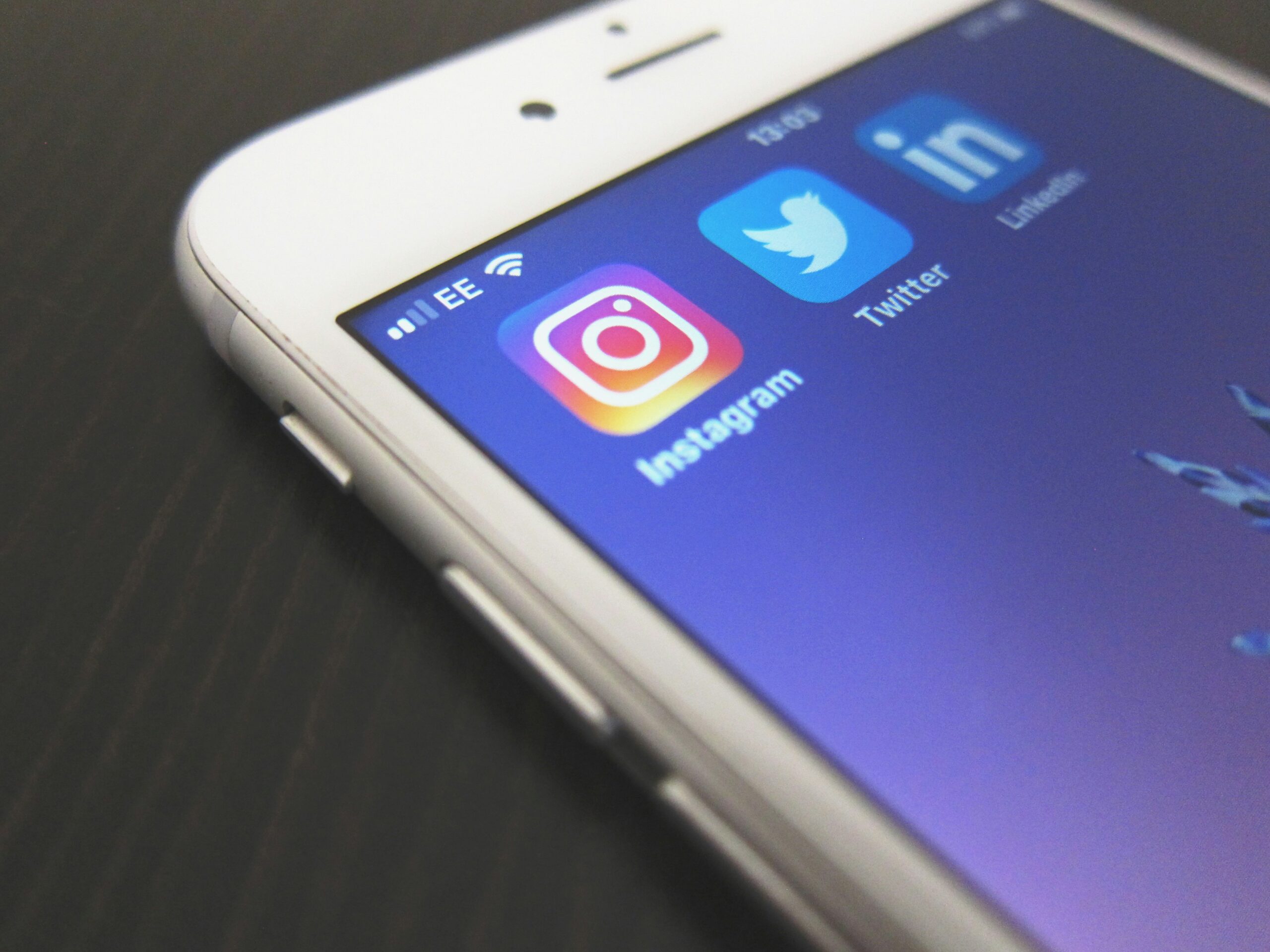






Read the Comments +